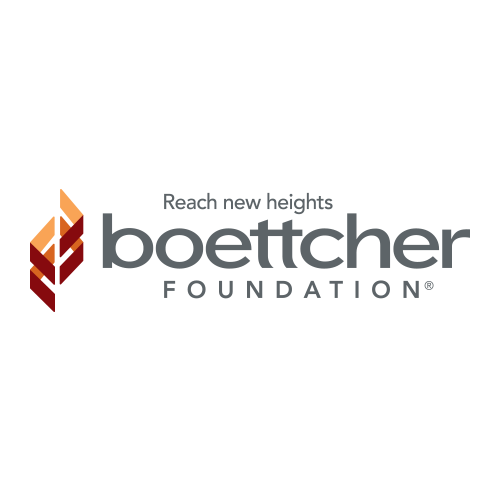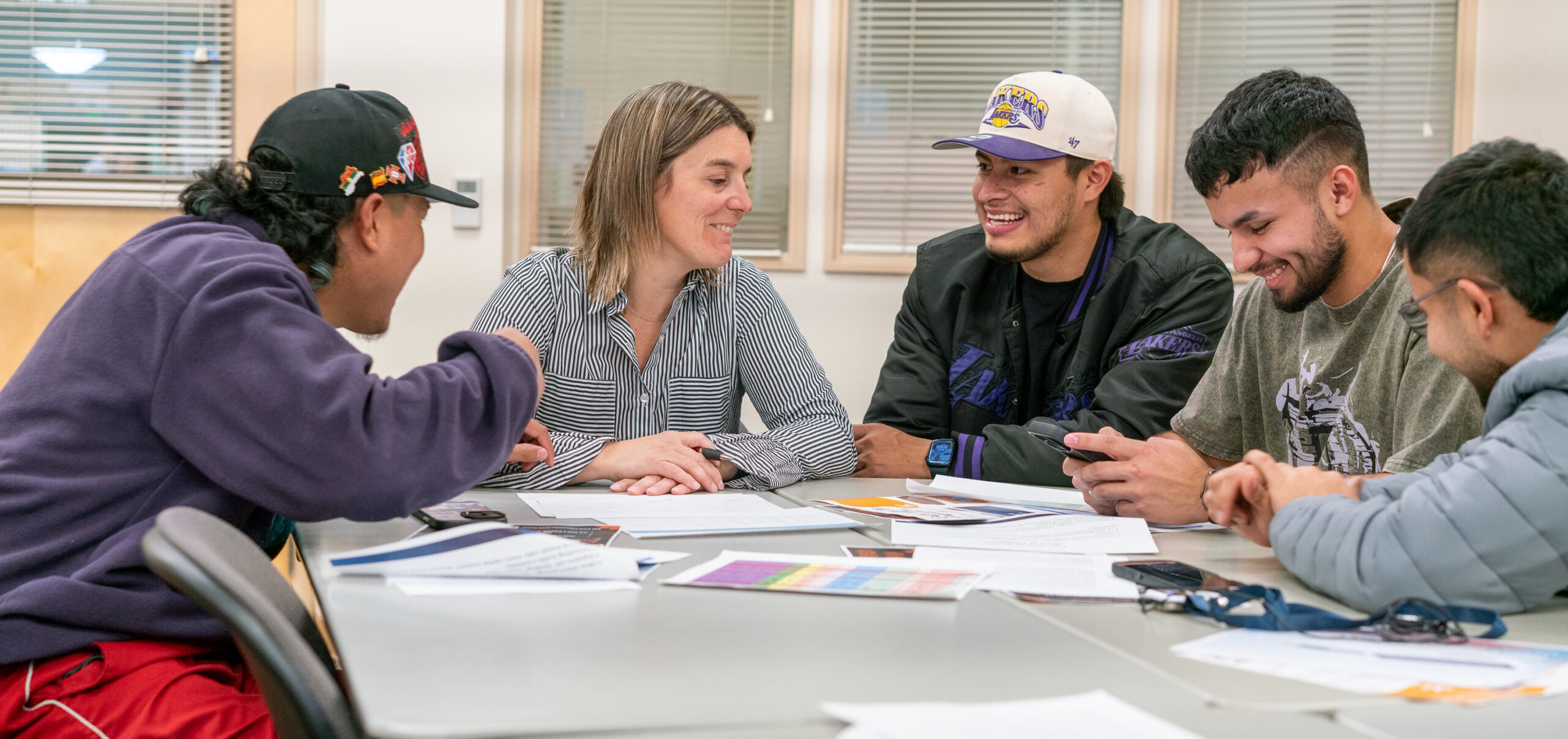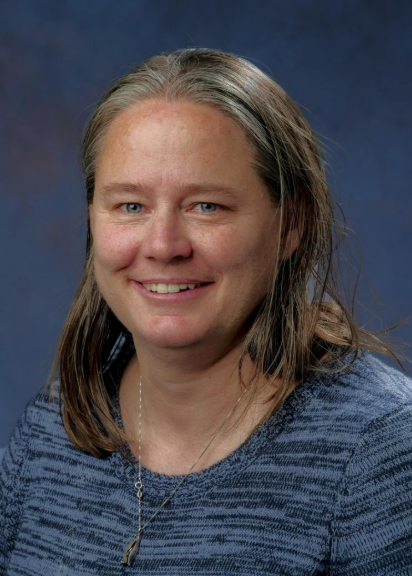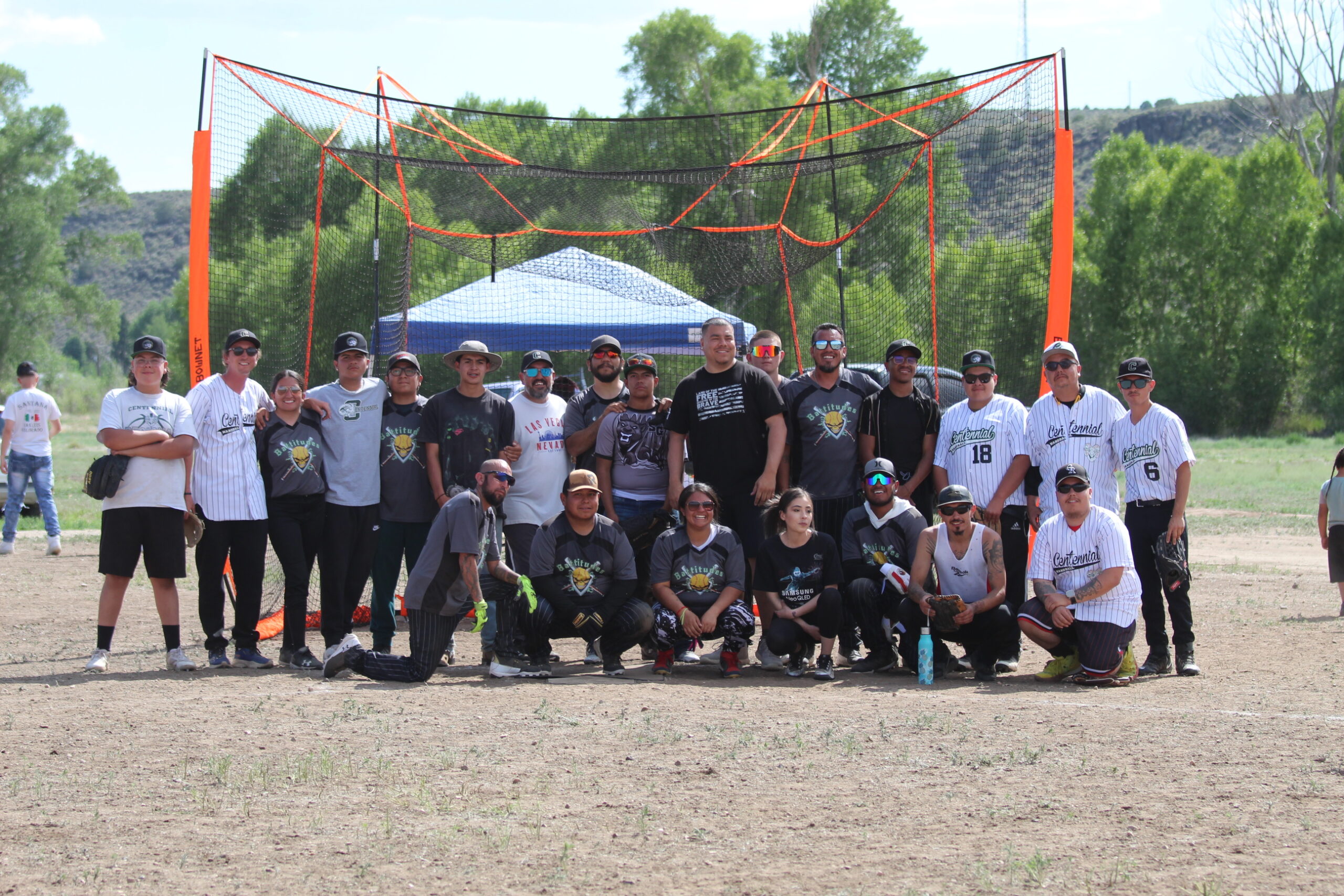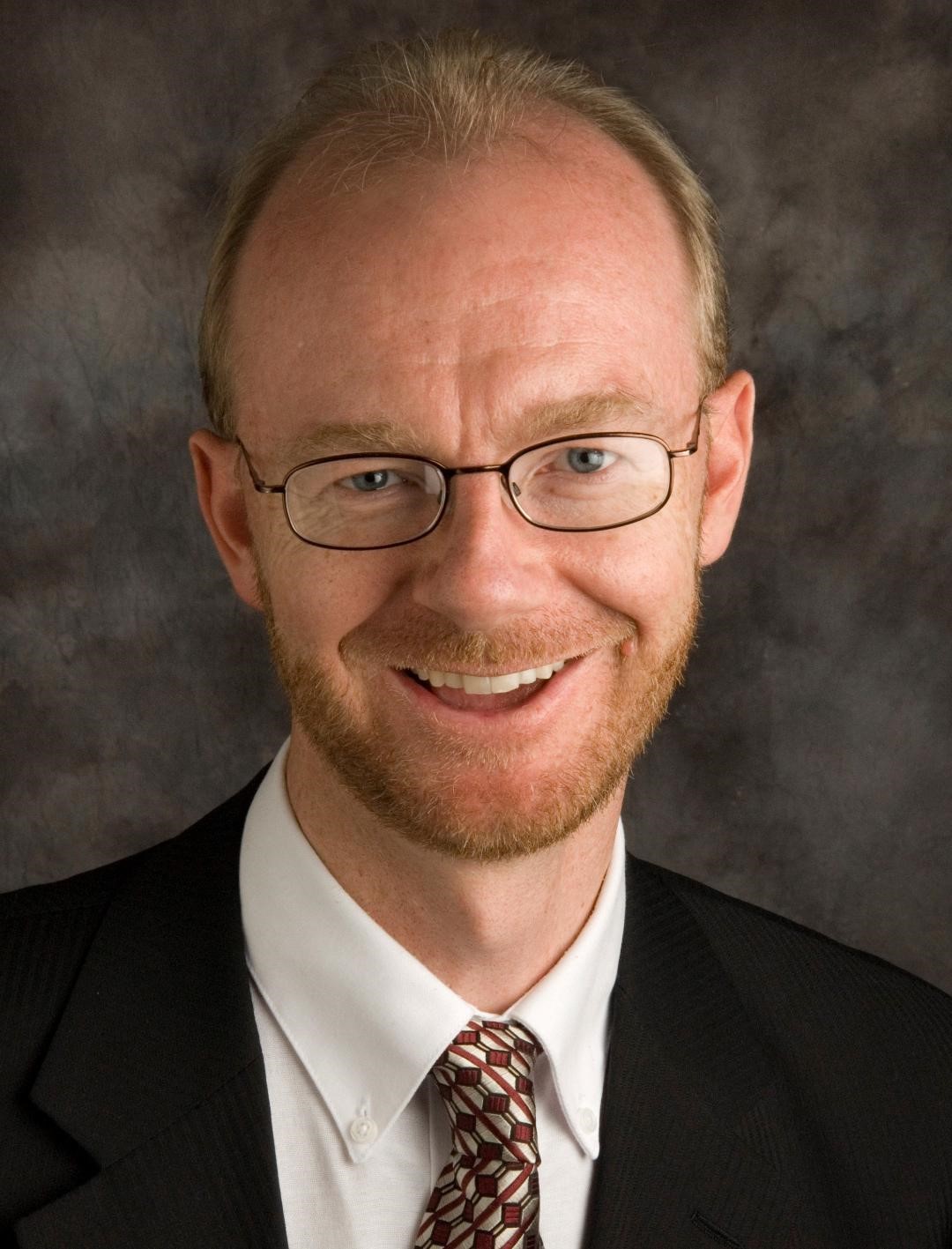 Boettcher Scholar Year: 1987
Boettcher Scholar Year: 1987
Hometown: Colorado Springs
College(s), Degree(s): Colorado College, 1991; Princeton University, 1995
Tell us about your current work and how long you’ve been doing it. What is your favorite aspect of your current occupation?
Starting in 2013, my professional work has gradually phased into cleaning up oil and gas wells and well pads where companies have filed for bankruptcy and don’t restore the land to its original condition. I’m part of a small team of finance, engineering, and environmental professionals who contract for oilfield maintenance and reclamation services year–round in dozens of Colorado counties. It’s very rewarding from a public service point of view and has grown tremendously (about ten times in budget terms) since 2018.
What role has being a Boettcher Scholar played into where you are and what you are doing now?
The Boettcher Scholar community has helped me to keep a focus on Colorado and where I fit in its unique set of government, business, and environmental traditions. I’ve been in more than nine U.S. states in my life, coast to coast, while I worked or studied, and the Foundation’s drive to add continuity to the Scholar community has been invaluable to me. I came back to Colorado in 2011 for the next chapter of my career after being away for 20 years, and the Boettcher Scholarship was perhaps the greatest reminder to me to be part of Colorado tradition of giving back. I would also have the chance to be grateful for being a recipient of this state’s generosity and its investment in its people.
Tell us about your involvement in activities, organizations, or groups outside of work.
I’ve enjoyed a series of volunteer positions in my community, in particular for youth sports and religious nonprofit organizations. The positions often need the same level of dedication and skill on a per hour basis that my paid job demands. Since 2014, I’ve been a Treasurer on a couple of executive teams, a member of a Board of Directors and a Board of Management, and a member of an investment management committee. Each position is something I’d do all over again, none of them were effortless or thankless, and I can say that without these basic nonprofit functions covered by a competent volunteer team, the whole social mission of these organizations would suffer.
What’s the best advice you’ve received and what advice do you have for current graduates entering your career field?
I adore the messages given to me about taking risks. Some Boettcher Scholar programs have repeated this refrain. Why does it matter? We can “play it safe” in our lives, but our world needs bold action that embraces risk more than ever. To my fellow Coloradans who aspire to public service of any kind or who choose a public finance career, I’d say that it pays to be picky about your organization as you advance. Sometimes there will be a disconnect between new leadership goals and the processes that line staff built over a decade or more. You may be on either end of that tension. How your leadership supports you in that tension will make or break your experience. So keep your antenna out and carefully listening for the kind of support that you just might need during a difficult period of change.
If you could have dinner with one person or a few people from history, whom would you choose and why?
I guess MLK has been on my mind a lot since the spring of 2020. I’ve been lucky to be in a group that meets every Friday at midday to discuss the painful topics of racial justice, mental health, and other matters of our American legacy. I’d like to fill a dinner table with both historical and contemporary legends: Reverend Dr. Otis Moss III, Reverend Dr. Martin Luther King Jr., Reverend Dr. William J. Barber II, and Reverend Traci Blackmon. They’d have a lot to say about the underbelly of our American story, the 400 years of wounds that are most in need of healing, and the courage needed for the privileged among us to build a better community in which everyone can live up to her potential.

